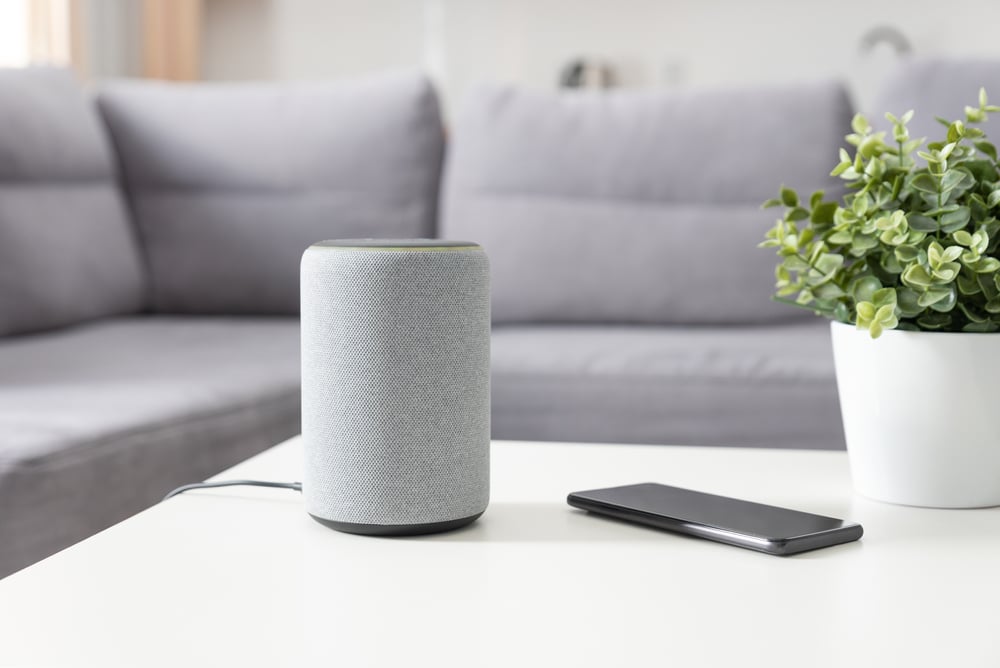Smart devices, from voice-activated assistants to smart bulbs and thermostats, are becoming more and more prevalent in American homes. While these devices offer convenience and more control over your home, they can leave you at risk for privacy and security issues.
Before you invest in the latest smart oven or dishwasher, learn how the connectivity of these devices may be harmful — and what you can do to reduce the risks.
Hackers in your Home
Every smart device can be remotely used. You can also set up automation, such as turning on lights at a certain time or changing the temperature of your home during specific hours. But it’s important to remember that everything connected to the internet has the potential to be hacked. If a hacker gets into your network, they can do anything from turning on your smart oven to unlocking your doors.
Maintain good network security by using a complex Wi-Fi password and keeping it private. Also, review and carefully manage the permissions of your apps and devices on a regular basis. If remote control access is unnecessary or can be disconnected from the internet, you should probably leave it disconnected.
Financial Mishaps
Voice assistants allow you to make easy purchases from Amazon, the Google Play store and other retailers. But if your children figure this out or your device gets hacked, you may end up with more packages arriving at your door — and higher credit card bills.
To prevent others from ordering items through your assistant, you should disable voice purchases. Instead, order through an app or website. You can also allow purchases through PIN activation only and keep your PIN private.
Identity Theft
Just as hackers can get control of devices, they can access any information associated with those devices. If you have credit card information or passwords saved with Google or Amazon accounts, they may be able to get that information by hacking your smart devices. Again, maintaining internet security is vital with smart devices.
Technology Failure
If your Wi-Fi goes out, you still need to be able to control lights, door locks and other smart devices you use each day. Ensure all devices you purchase can be operated in other ways to avoid a complete shutdown.
How to Stay Safe with Smart Devices
You can minimize many security and privacy risks by staying on top of your smart devices. Remember to:
- Always update your devices and apps
- Choose the right apps and devices by following manufacturer recommendations
- Customize and carefully control permissions for all your devices
- Purchase identity theft protection to guard against hackers
- Use a complex password and two-factor authentication (such as passwords and PINs) whenever possible
- Use remote features instead of voice activation to maintain control
More and more homes are incorporating smart devices. As technologies continue to improve and become integrated into homes, these simple steps can help lessen your home security vulnerability and concerns. You can still use smart devices in your home — as long as you stay smart, too.
Next Steps
From hacking smart devices to identity theft and more, fraud and cybercrime are on the rise as criminals find new ways to exploit vulnerabilities. You are the first line of defense in preventing cybercrime. For more cybersecurity tips or questions, please don’t hesitate to contact us.
Van Wyk exists so you have peace of mind when it comes to your family, business, and employees. For more information on the risk management services we offer to families like yours, visit our Personal Solutions webpage. And be sure to like us on Facebook and follow us on LinkedIn for more news and industry tips!


